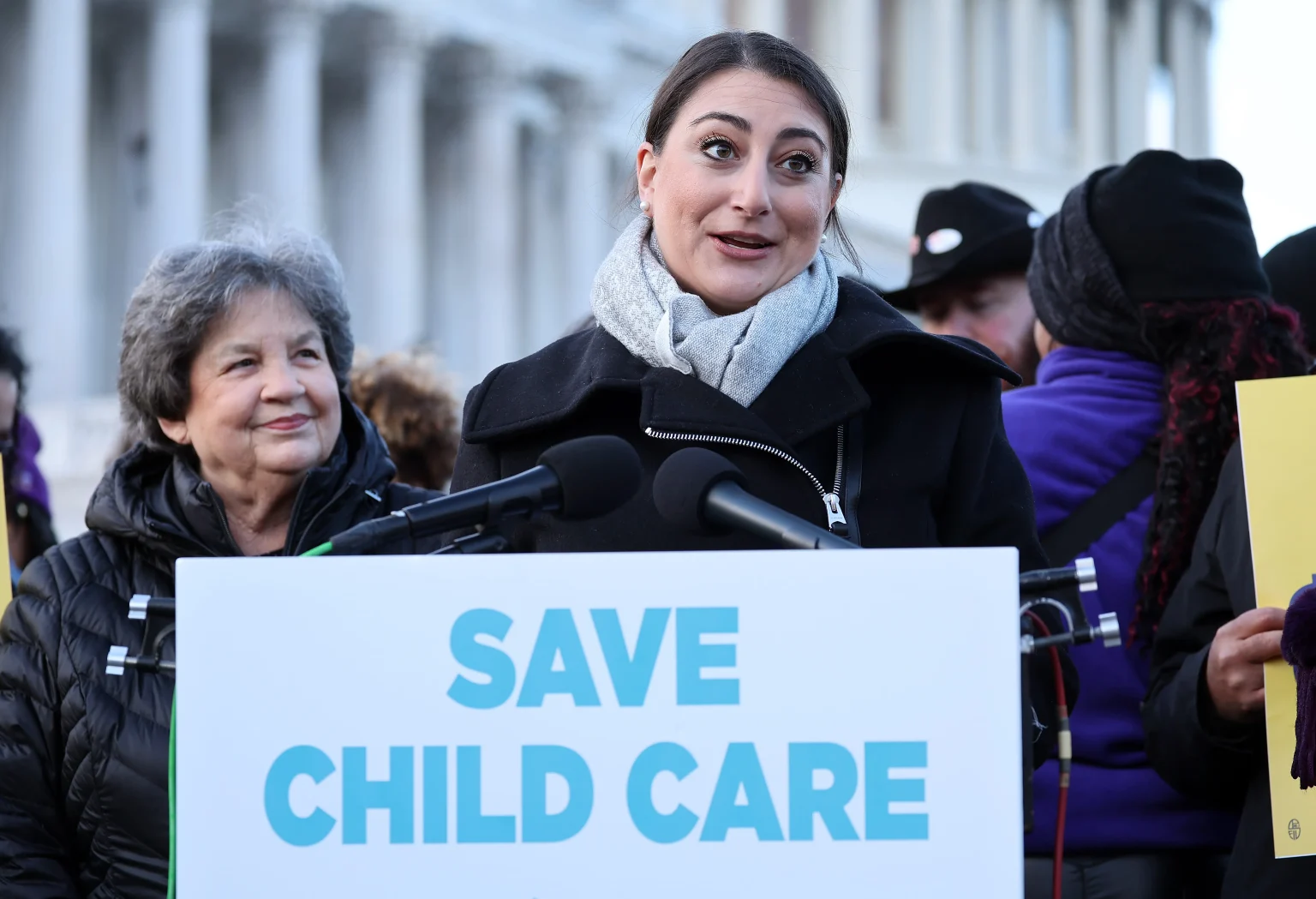Listen to the article
Congressional Showdown: Rep. Jacobs Cites Snopes in SNAP Funding Dispute
A long-simmering political battle over food assistance programs has erupted into public view, with fact-checking website Snopes finding itself at the center of a heated exchange between lawmakers. Democratic Representative Sara Jacobs of California ignited the controversy this week when she referenced Snopes in a viral social media post criticizing House Speaker Mike Johnson’s role in cutting federal nutrition programs.
“Don’t take it from me, listen to Snopes! Speaker Johnson signed a bill to cut $186 billion from SNAP. And again, it’s HIS party that won’t help millions of Americans put food on the table this month,” Jacobs wrote on X, formerly known as Twitter.
The post quickly gained traction amid growing concerns about food security during the current government shutdown. Millions of Americans who rely on the Supplemental Nutrition Assistance Program (SNAP) face uncertainty about whether they will receive their benefits.
According to Snopes’ reporting, Johnson, a Louisiana Republican, endorsed President Donald Trump’s “One Big Beautiful Bill Act” in July 2025. Following approval from both chambers of Congress, the Congressional Budget Office estimated the legislation would reduce SNAP funding by approximately $186 billion over the next decade. About one-third of these cuts would result from stricter work requirements for program participants.
The public debate has reignited interest in Snopes itself, with many questioning who operates the influential fact-checking platform. Founded by David Mikkelson, Snopes has long been considered a leading authority in debunking misinformation online. The site continues to function with a small editorial team dedicated to verifying claims and partnering with major platforms like Facebook to combat false information.
However, Snopes has weathered its own controversies. In 2017, the organization became embroiled in a bitter dispute between Mikkelson and Proper Media, the digital company that managed Snopes’ advertising. The conflict emerged after Mikkelson’s ex-wife Barbara sold her 50% stake in the company to five individuals connected with Proper Media following the couple’s divorce.
The dispute centered on ownership rights, with Mikkelson claiming that Proper Media was withholding essential advertising revenue and failing to fund Snopes’ operations. This financial strain prompted Mikkelson to launch a crowdfunding campaign that raised over $600,000 to keep the fact-checking site afloat.
Despite these internal challenges, Snopes has maintained its reputation as a reliable source for fact-checking in an increasingly complex information landscape. The site’s mention in a high-profile political dispute underscores its continued relevance in national discourse.
The current SNAP funding controversy represents a significant flashpoint in American politics, highlighting fundamental disagreements about the role of government in providing social safety nets. While Republicans have generally advocated for reduced spending and stricter eligibility requirements for assistance programs, Democrats typically support expanded access to food benefits, particularly during economic hardships.
Agriculture Secretary Brooke Rollins has suggested that “the whole SNAP program needs to be reformed,” indicating the administration’s desire for substantial changes to the program’s structure and implementation.
As the government shutdown continues, the fate of SNAP benefits remains uncertain, leaving vulnerable populations in potential jeopardy. Food banks across the country are preparing for increased demand should federal assistance be disrupted.
The intersection of fact-checking, political messaging, and public policy illustrated by this controversy demonstrates how information sources themselves can become part of the polarizing ecosystem they attempt to clarify. While Snopes remains committed to combating misinformation, its prominence in this debate shows that even fact-checkers are not immune to becoming subjects of the very political discussions they analyze.
Verify This Yourself
Use these professional tools to fact-check and investigate claims independently
Reverse Image Search
Check if this image has been used elsewhere or in different contexts
Ask Our AI About This Claim
Get instant answers with web-powered AI analysis
Related Fact-Checks
See what other fact-checkers have said about similar claims
Want More Verification Tools?
Access our full suite of professional disinformation monitoring and investigation tools




5 Comments
It’s concerning to see the SNAP program potentially facing major cuts during difficult times. I hope Congress can work together to protect essential food assistance.
Food security is a critical issue, especially during economic and political uncertainties. I hope lawmakers can find a bipartisan solution to support vulnerable Americans.
While I appreciate Rep. Jacobs citing Snopes, I’d want to verify the details myself before weighing in. These funding decisions can have major real-world impacts.
Interesting to see Snopes getting pulled into this political back-and-forth. I’ll have to dig into the details to form my own view on the SNAP funding dispute.
This highlights the challenge of maintaining trust in fact-checking sites when they get caught up in partisan debates. It’s important they remain objective.